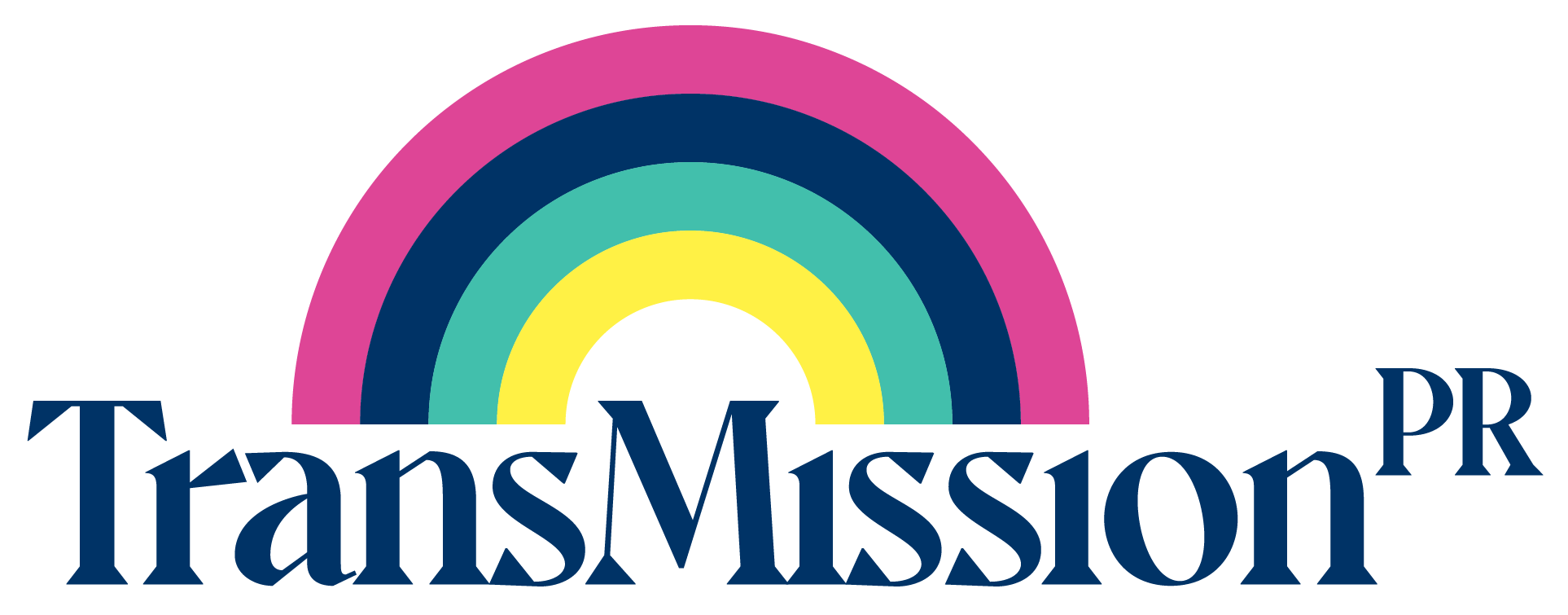
08 Sep 5 Things Universities Can Do for Trans Students
With the new school year rolling around once again, a fresh group of students are starting (or powering on through!) their university experience, and with Gallup recently finding Gen Z to be the most gender-diverse generation yet, it’s likely that many universities will be welcoming more transgender and non-binary students with every new intake.
The key question is, will universities be ready? With a 2017 report by the NUS stating that a third of transgender students have experienced negative conduct from university staff because of their gender identity, how can universities ensure that their transgender students feel safe and seen?
As a non-binary lecturer at a UK university, myself, I have a few ideas…
Name Changes
For trans and non-binary students, being constantly confronted by their deadname (the name that the individual was given at birth but which they no longer use) on university systems can be hugely distressing. It also risks outing students against their will. The process to ensure the student’s chosen name is used exclusively should be quick, easy and discreet – so look at your systems and make sure they are fit for purpose.
Wrong name on your student ID? No problem! Pop into student services and get a new card printed that day!
Hardship Funds
25% of British trans people have experienced homelessness, with many more being estranged from their parents or caregivers. Student Finance services rely heavily on parental income to calculate students’ entitlements, requiring proof of three years of estrangement/self-sufficiency before they will consider the individual’s own earnings. Because of this, many students will receive lower maintenance loans without parental support to boost their income.
Explore the possibility of working with Student Unions to offer grants or hardship funds to transgender and non-binary students to ease the financial stress.
Educating Staff
Whilst at university, students put trust in the lecturers and other staff to have their best interests at heart. But when some members of staff are uneducated on the transgender experience, universities risk students feeling alienated, ignored or even targeted by the people in whom they have been encouraged to place their trust. University staff should attend regularly updated diversity and inclusivity training to ensure they are best equipped to support their trans students.
Remember: training should be provided by a paid EDI professional, not expected from transgender and non-binary staff members for free!
Working with the Students’ Union
Students’ Unions are often an underutilised blessing for universities – they can provide a much-needed bridge between the students and the university staff with the power to implement change within the institution. Most Unions will also oversee the running of each university’s LGBT+ Society or Network.
Keeping open the lines of communication with the Students’ Union and any LGBT+ groups run from within it will ensure that a University hears the real-life struggles transgender students are facing both on and off campus, putting them in the best position to offer solutions.
It’s the Little Things…
Small, easy changes can make the biggest differences to the university experience for transgender and non-binary students. Providing period products in all bathrooms is a quick and easy way to help transmasculine students feel seen and supported. Normalising the discussion around pronouns by encouraging staff to wear pronoun badges and include their pronouns in their email signature can make the university feel like a more safe and comfortable space.
Each time I meet a new class, I include my pronouns in my introduction and encourage my students to do the same. I also state from the first lecture that if there is a name that any student would prefer to use – whether it’s a nickname, their middle name, or because they’ve changed their name – they are welcome to drop me an email at any point. Normalising the transgender experience can be a simple way to educate cisgender students, whilst supporting trans and non-binary students.
Overall, universities need to be sure they are evolving along with their student bodies. With social media making it easier than ever for prospective students to discuss university options, there are more opportunities for your institution to shine. Having said that, there are also fewer places to hide if you fail to recognise and tackle any issues that may exist head on. Failure to do so could mean the difference between gaining – or losing – the trust of a community.
- 5 Things Universities Can Do for Trans Students - September 8, 2022
- Halifax Pronoun Campaign was a Hit, and Here’s Why - July 13, 2022


